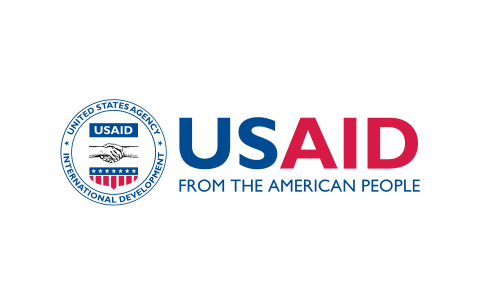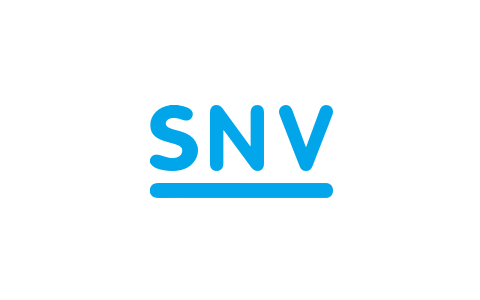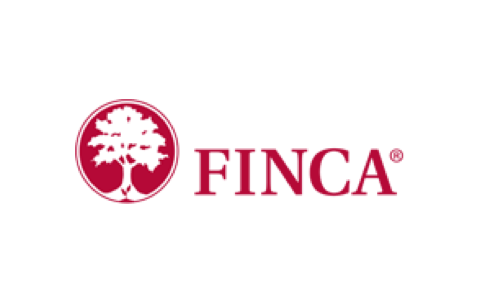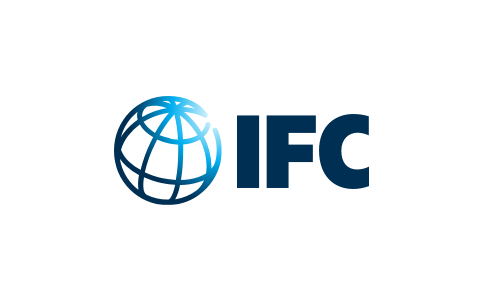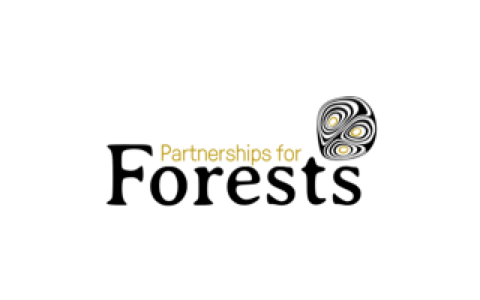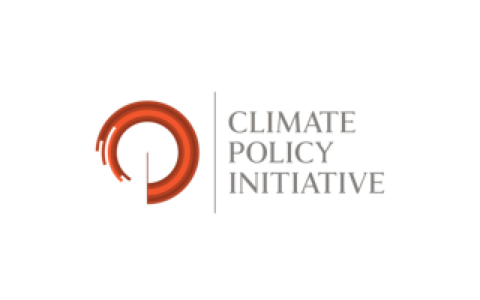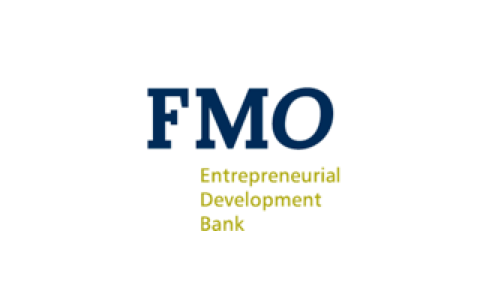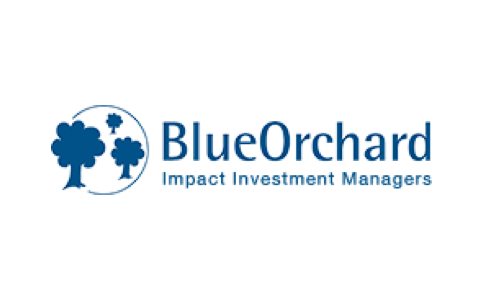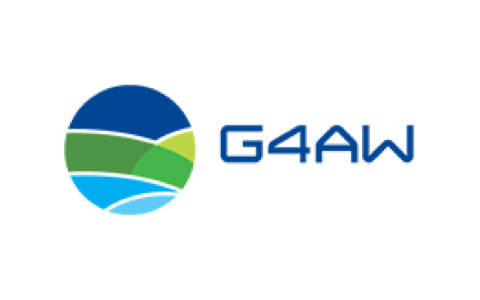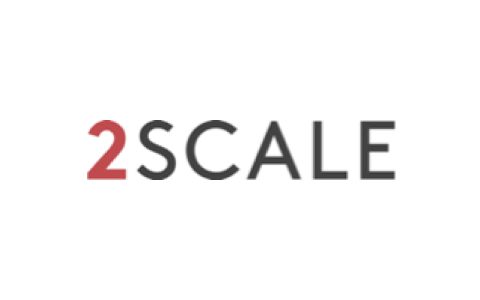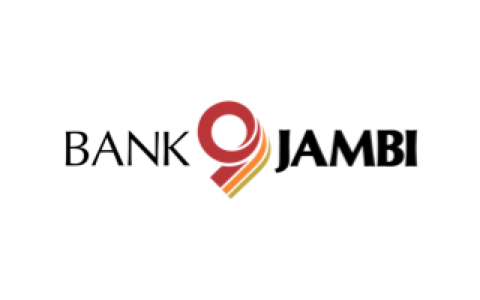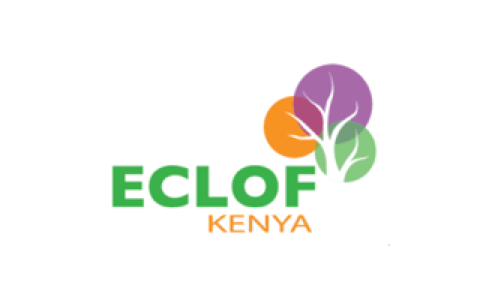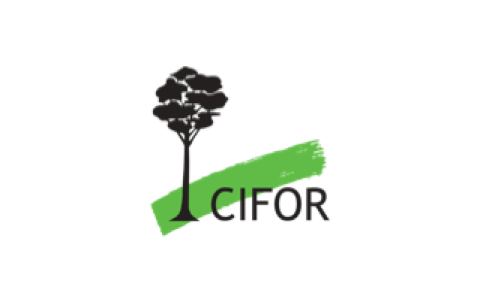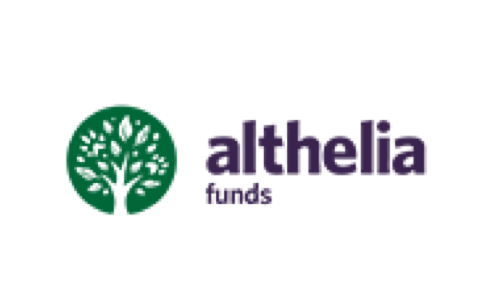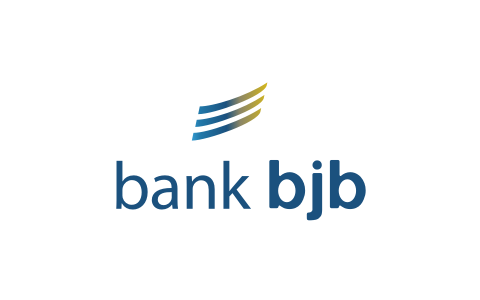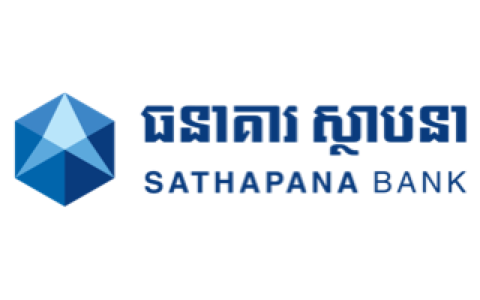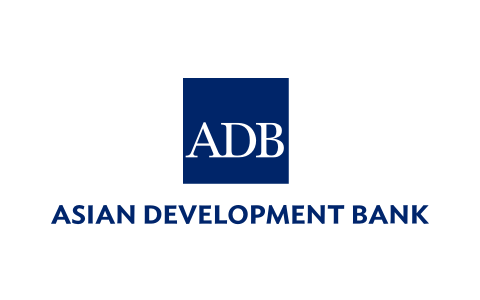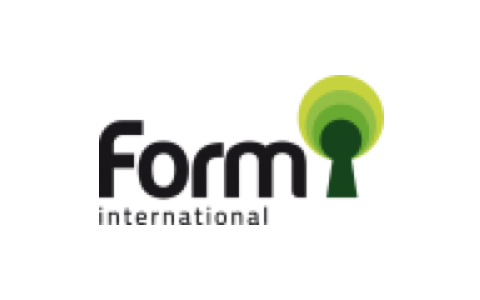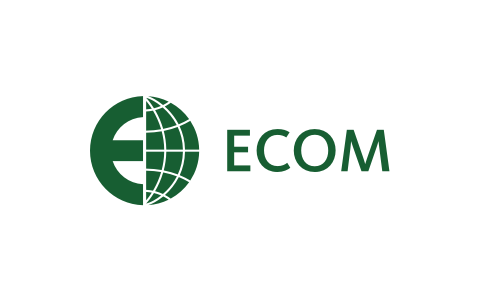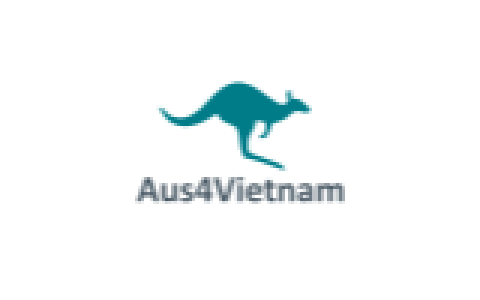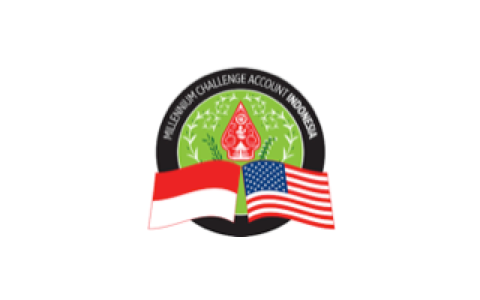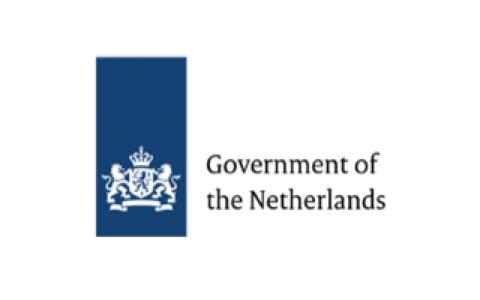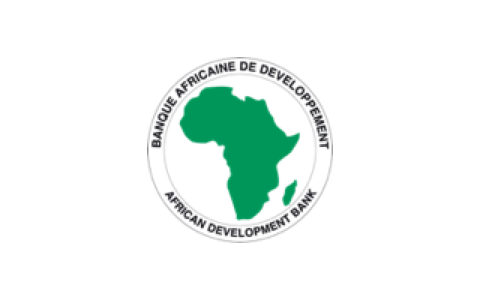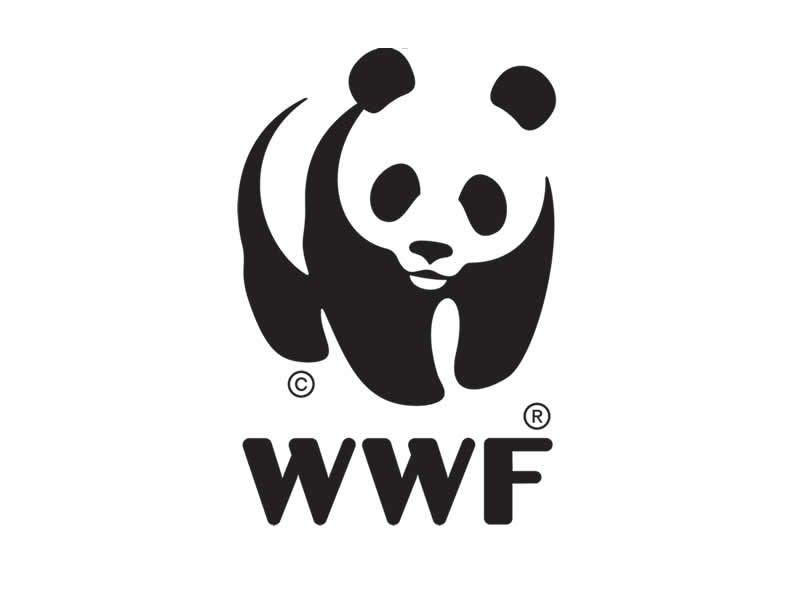All
Angola
Cameroon
Cote d’Ivore
Ghana
Indonesia
Kenya
Malawi
Rwanda
Tanzania
Uganda
West Africa
Zambia
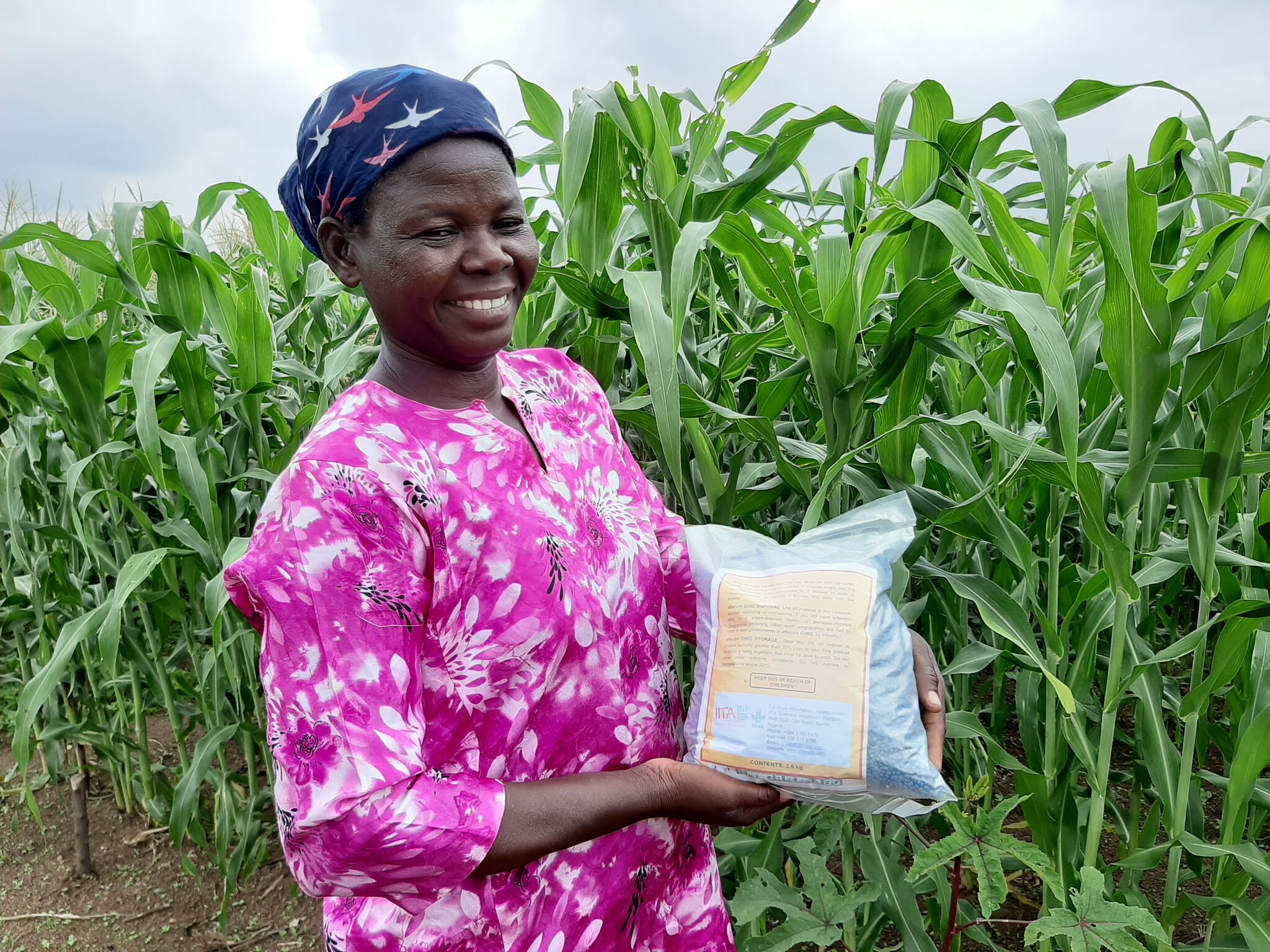
Location
2024
I&M Bank
FACS provided technical assistance to improve I&M Bank’s MSME lending capacity under the Nasira Risk Sharing Facility. The project included reviewing the bank’s MSME strategy, products, and staff capacity; conducting market assessments and peer benchmarking; designing enhanced customer value propositions; and delivering training on best practices in MSME lending and risk management to support scalable and efficient loan distribution.

Location
2024
Inkunga Finance Plc / ADA
In 2024, FACS entered Rwanda with a groundbreaking project to evaluate the financial feasibility of agroforestry models. Leveraging ADA’s (Appui au Développement Autonome) pioneering work and the success of ADA-sponsored forestry pilots, FACS focused on co-developing a bankable investment case for scalable and replicable agroforestry systems. These systems offer significant potential for environmental transformation and present impactful opportunities for financial institutions to support smallholder farmers and cooperatives.
Building on this momentum, FACS partnered with Inkunga Finance Plc and ADA to conduct a comprehensive market study assessing the financial and non-financial needs of smallholder farmers transitioning to agroforestry. This study explored market demand and supply for agroforestry products, identified key challenges faced by farmers and rural lenders, and proposed tailored financial solutions to bridge these gaps.
Through its financial engineering and rural financial services expertise, FACS delivered actionable insights to support sustainable agroforestry practices, empower local financial institutions, and drive financial inclusion for smallholder farmers in Rwanda and beyond.
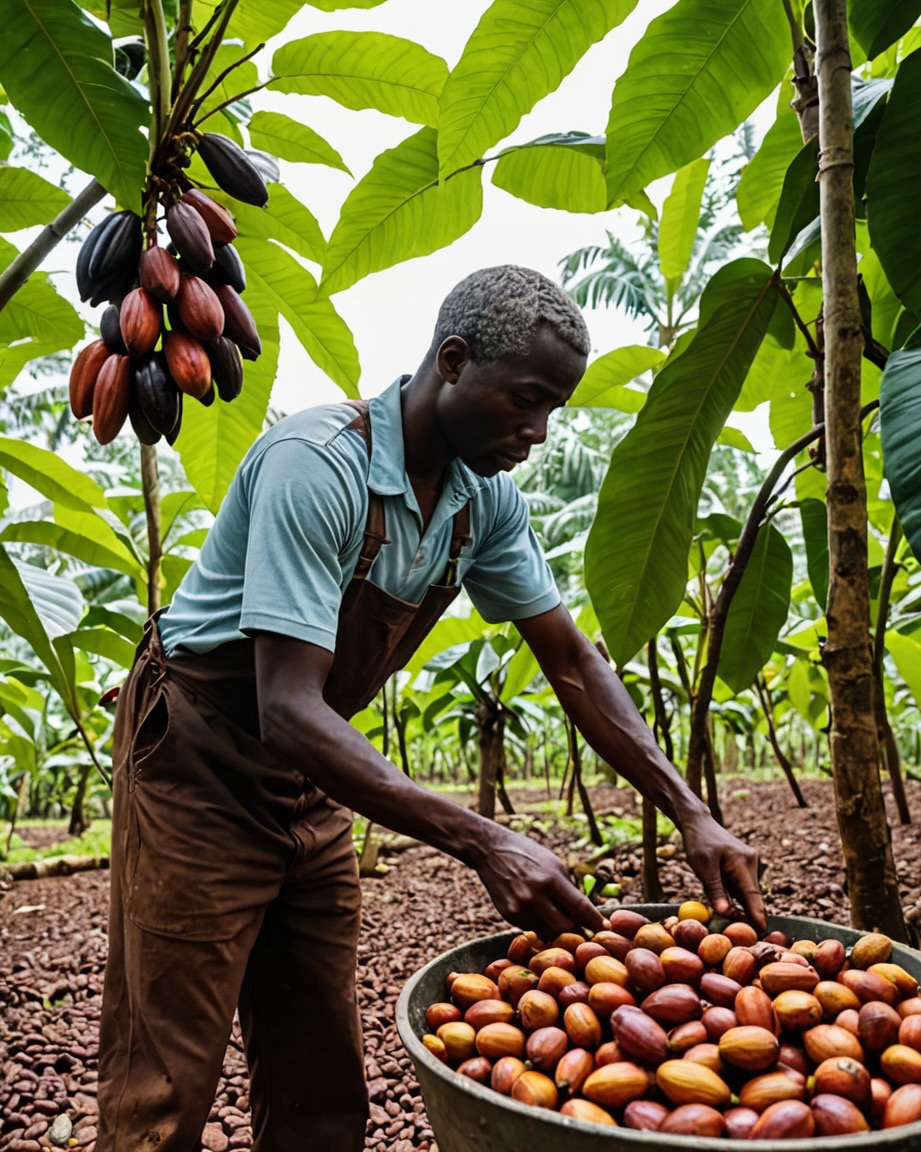
Location
2024
Tropenbos Ghana
In 2024, FACS partnered with Tropenbos Ghana to initiate a feasibility analysis aimed at pre-qualifying rural financial institutions capable of advancing financial inclusion and sustainable agriculture in Ghana’s cocoa industry. Recognizing the critical need for well-funded and committed lenders, our efforts focus on equipping rural banks to manage smallholder loan portfolios effectively.
This initiative is designed to address the funding challenges faced by cocoa farmers, ensuring they have access to the capital needed to invest in their farms and sustain livelihoods amidst sector challenges. By enhancing the capacity of rural banks to disburse funds efficiently, our partnership contributes to a resilient and sustainable cocoa industry, driving economic growth and environmental stewardship.
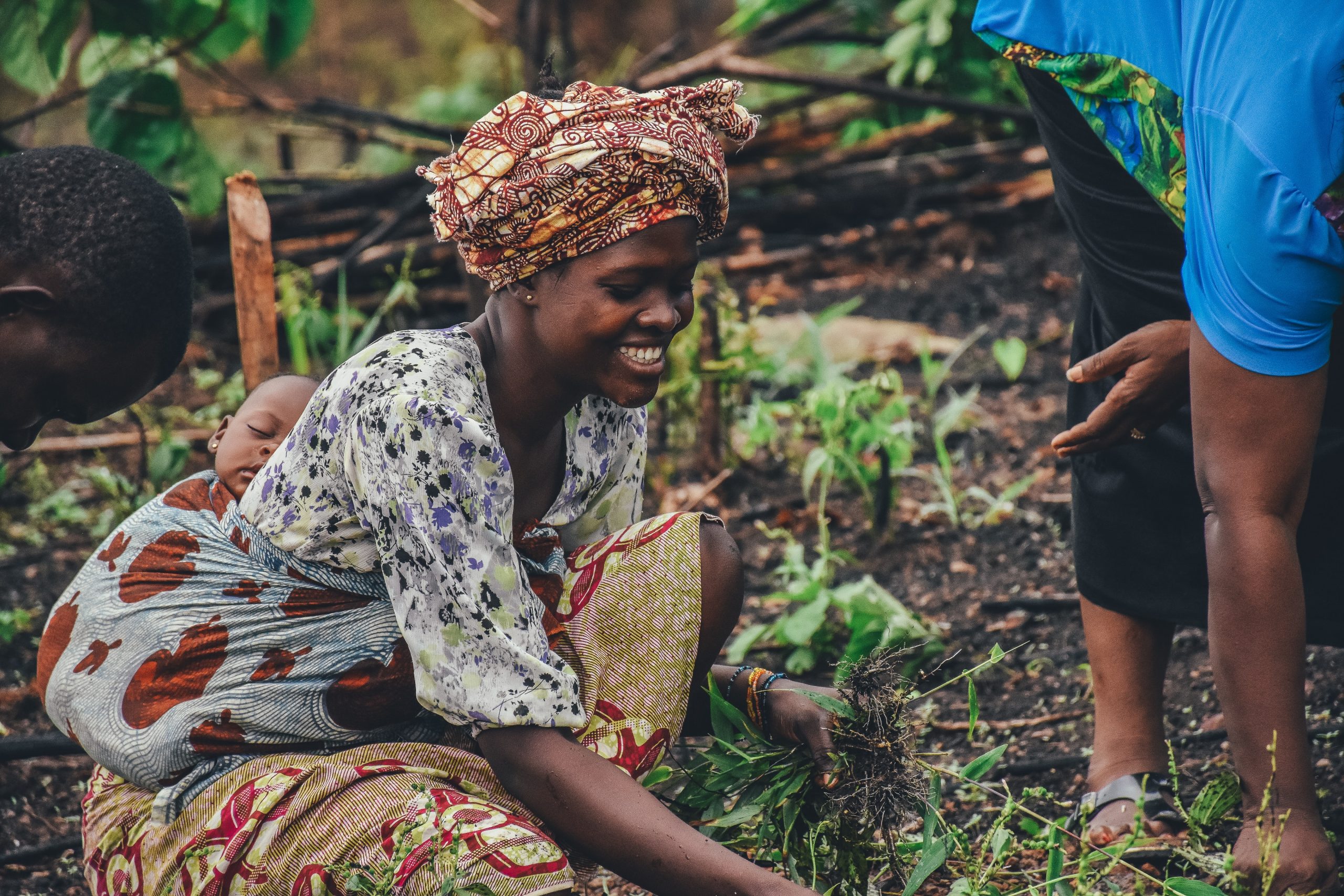
Location
2024-2027
EWS-KT / Centenary Bank
In partnership with East-West Seed Knowledge Transfer (EWS-KT) and Centenary Bank, Financial Access (FACS) is spearheading an innovative project in Uganda’s Lira region to enable 8,000 smallholder farmers to transition from subsistence to professional vegetable farming. This initiative combines targeted training in climate-smart farming practices, business planning, and financial literacy with the implementation of a digitized credit scoring system to facilitate access to finance.
Through this collaboration, 3,200 farmers with recurring investment needs are expected to secure loans for vegetable farming, fostering a resilient local value chain. The project also capacitates 40 agri-input suppliers and 50 local sector professionals to serve as sustainable knowledge hubs, creating an ecosystem that supports long-term agricultural productivity and economic empowerment.
FACS applies its innovative Data2Deal methodology, leveraging farmer data to generate individualized credit scores. This approach enables Centenary Bank to develop and scale tailored lending products while minimizing risks. Together, we are building a replicable model for integrating financial inclusion and sustainable agriculture, laying the groundwork for broader market transformation in Uganda.

Kenya
2022 – 2023
Rainforest Alliance /IKEA Foundation

Location
2022 – 2023
Rainforest Alliance /IKEA Foundation
FACS is supporting the IKEA Foundation-funded Mount Kenya Sustainable Landscape and Livelihoods Program in partnership with Rainforest Alliance. Program targeting counties and communities around Mt. Kenya. The role FACS is to establish a pipeline of landscape-focused investment opportunities that attract a combination of public and private sector investors, leveraged with seed and grant funding from a dedicated fund co-managed by RA and IKEA Foundation. More specifically, FACS has carried out a detailed analysis of potential green investment opportunities linked to smallholder tea and coffee farmers, forest-dependent communities and water resource users’ associations in the Mt Kenya region.
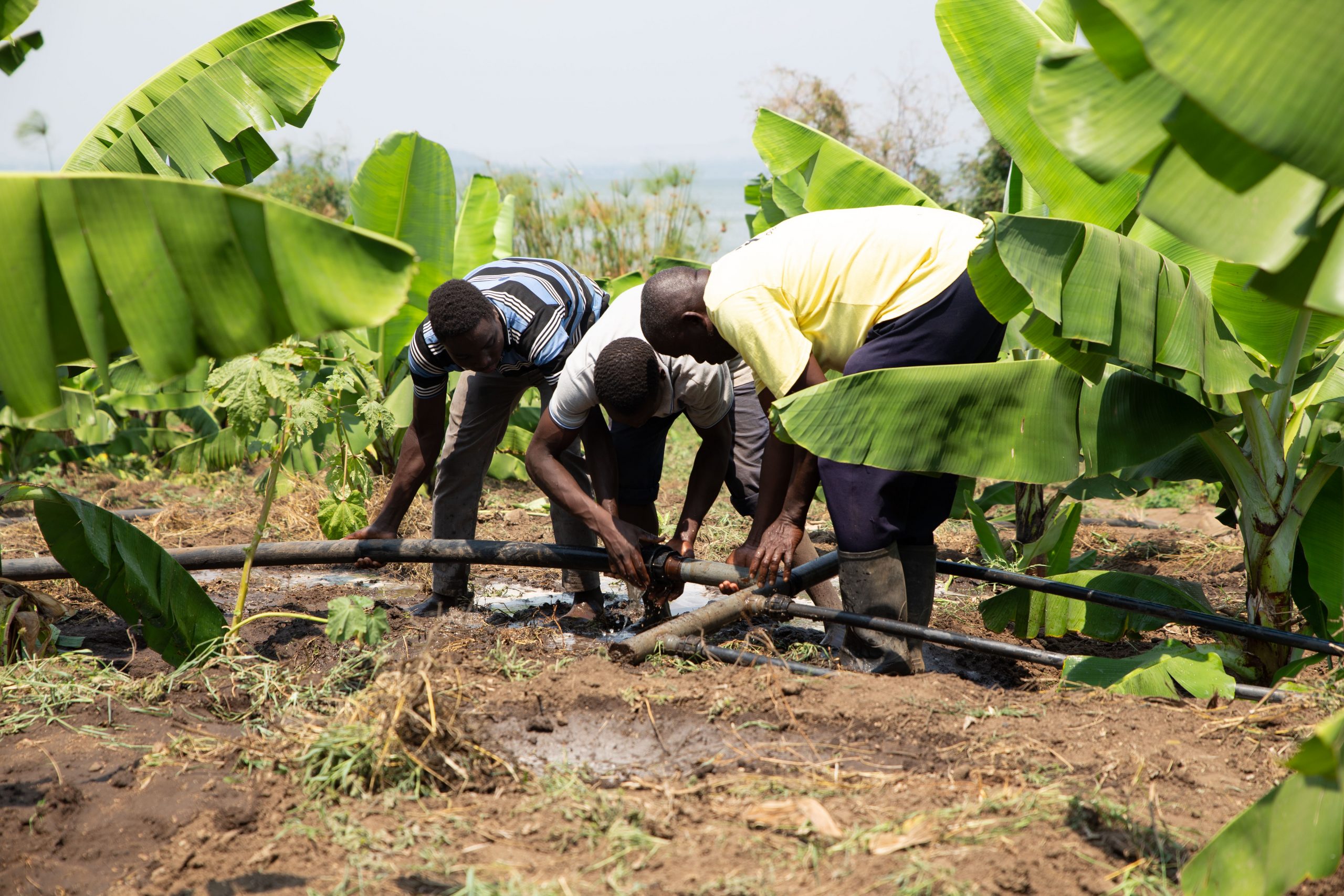
Kenya
2023 - Ongoing
NIRAS / FMO / Equity Bank Kenya

Location
2023 - Ongoing
NIRAS / FMO / Equity Bank Kenya
In this NIRAS-led project FACS provides its banking and agricultural finance expertise to develop a non-financial services framework for Equity Bank’s agricultural lending department. The goals is to complement Equity Bank’s lending products offering with a suite of non-financial support & advisory services (NFS) and business development services (BDS) for agricultural MSMEs and entrepreneurs in Kenya. With these services Equity Bank will widen its services offering and value proposition for this growing client segment and thereby improve their operational and financial resilience to market, climate and other risks.
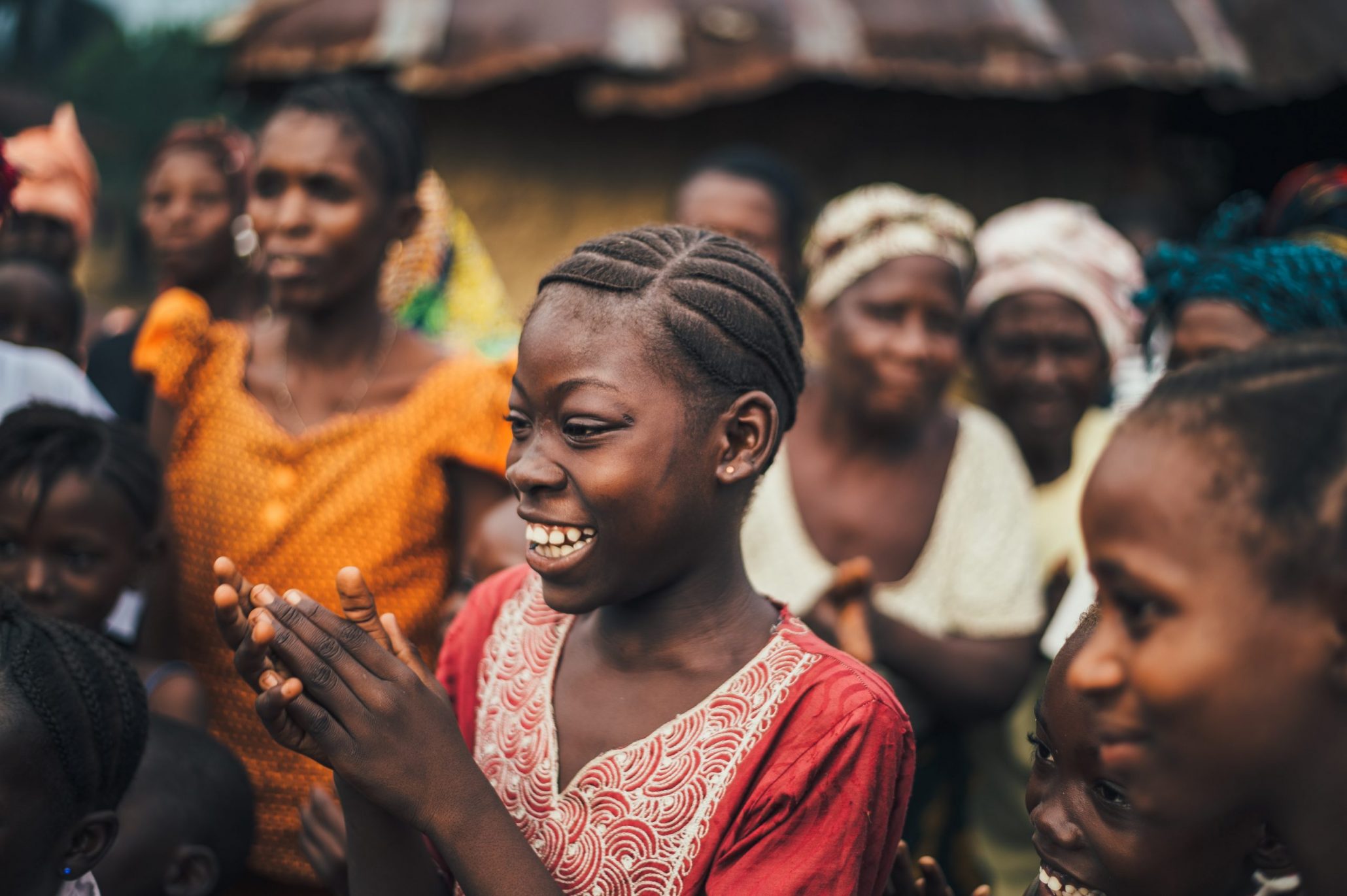
Location
2023 – Ongoing
CIAT / USAID
FACS is supporting the USAID Malawi-funded Business Acceleration for Youth program, led by CIAT. The project aims to strengthen the resilience of youth and women-led enterprises including vulnerable households in Malawi through the delivery of Business Development Services creating growth-orientated, sustainable firms able to secure and effectively utilize investment for sustainable growth. As a key partner in the program, FACS is delivering expert advisory, financial analytics and fundraising support for promising youth and women-led enterprises in Malawi. FACS is thereby facilitating investor matching for Malawian SMEs across a diverse spectrum of economic sectors, from agriculture to sustainable energy, education, and digital products and to support the entire investment origination process.
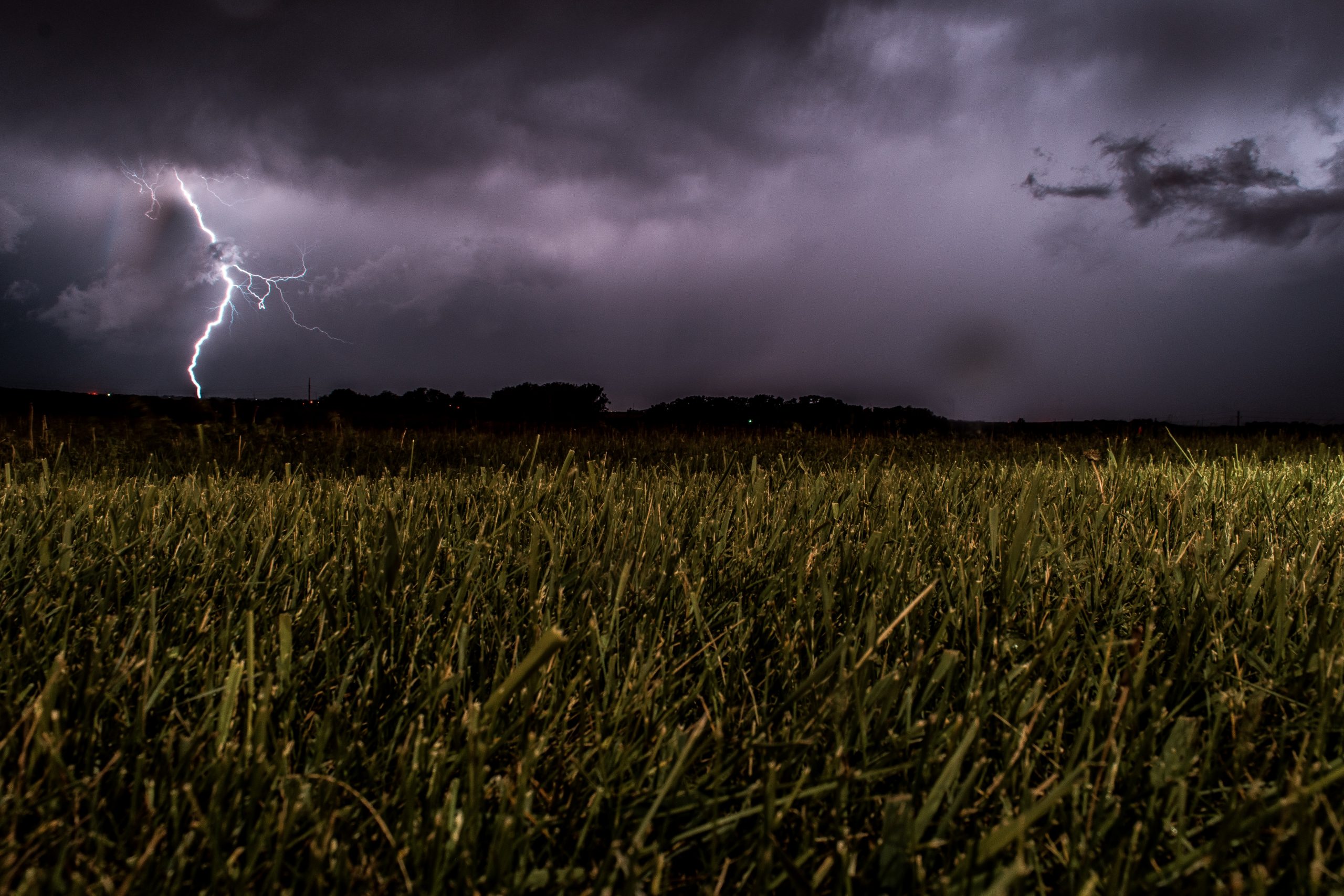
Location
2022 – Ongoing
CIAT
This program is a designed to develop and implement a climate-smart credit product specifically tailored to the needs of smallholder farmers in Kenya and Zambia.
FACS, in close partnership with CIAT, has conducted an extensive review of climate-related data and analytics in both countries to understand the challenges faced by smallholder farmers and to develop an innovative climate-smart, credit-enhanced lending product for smallholder farmers. The prototype credit product is developed in close partnership with partner financial institutions Agora Microfinance Zambia and ECLOF Kenya and are tailored to the agri value chains most at risk in relation to the geographic locations of the farms. By developing a climate-smart product model, FACS empowers farmers to navigate and adapt to changing climate and weather patterns, thereby increasing their resilience to future climate shocks.
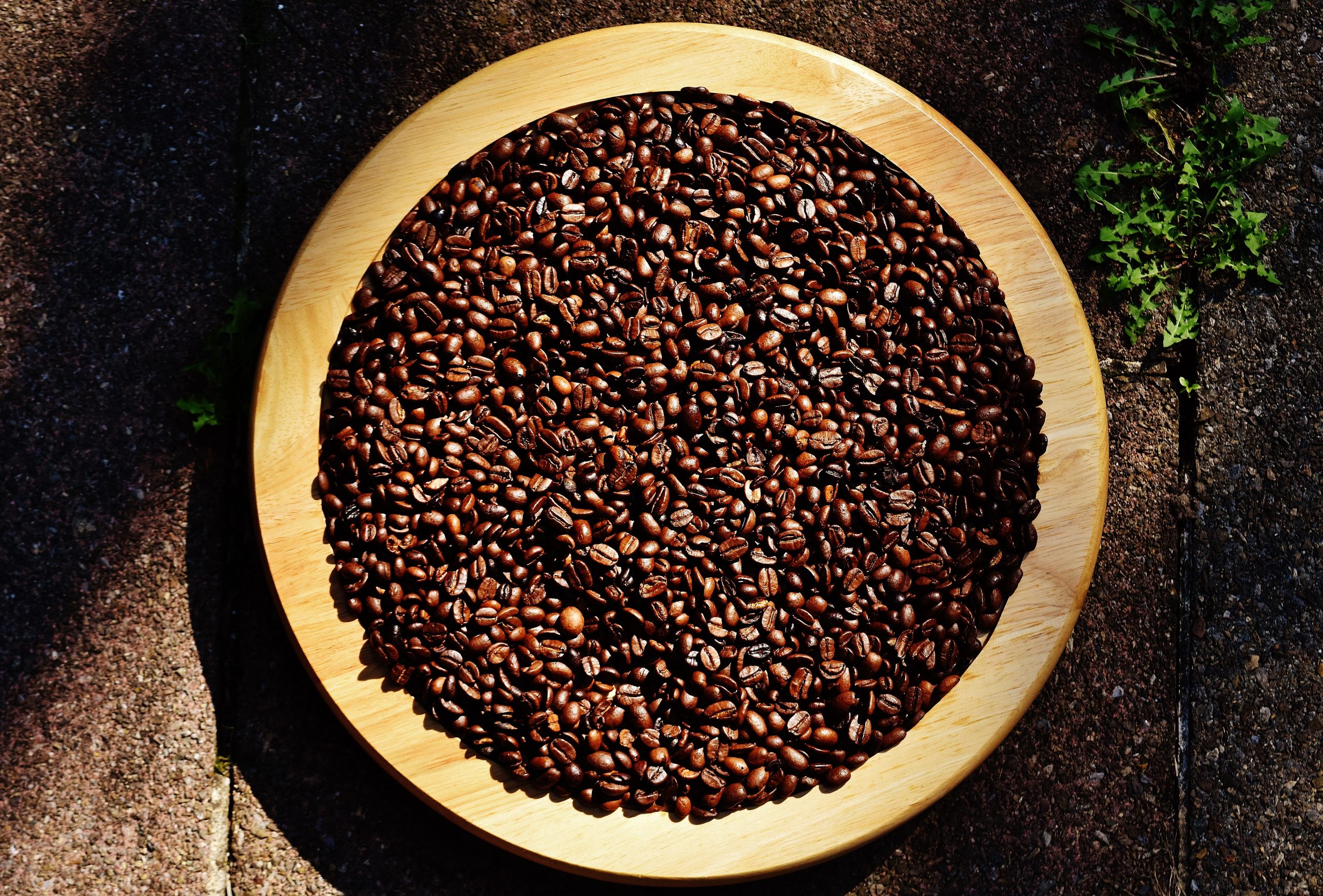
Location
2023 – ongoing
IDH / SUCDEN / UNACOOPEC
Cocoaperation is an IDH-sponsored program that strives to empower 100,000 cocoa farming households across Côte d’Ivoire. The ultimate objective is to help these families narrow the gap between their earnings and the amount needed for a decent life. This will be achieved by enhancing their access to finance and delivering a range of tailored services to meet their requirements, which will ultimately contributre to a thriving, sustainable and equitable smallholder-led cocoa sector.
FACS, in collaboration with SUCDEN and UNACOOPEC, is supporting cooperatives participating in Rainforest Alliance’s certification programs. Key objective is to design a scalable smallholder loan scheme that will allow UNACOOPEC to provide upto 30,000 farmers with the financing they need using the FACS-designed financial graduation approach in combinantion with affordable digital technology. For this, FACS has deployed its unique Data2Deal approach, utilizing farm, farmer and other relevant data to generate individual risk profiles for pre-identified farmers through LendXS, the FACS digital credit services platform.
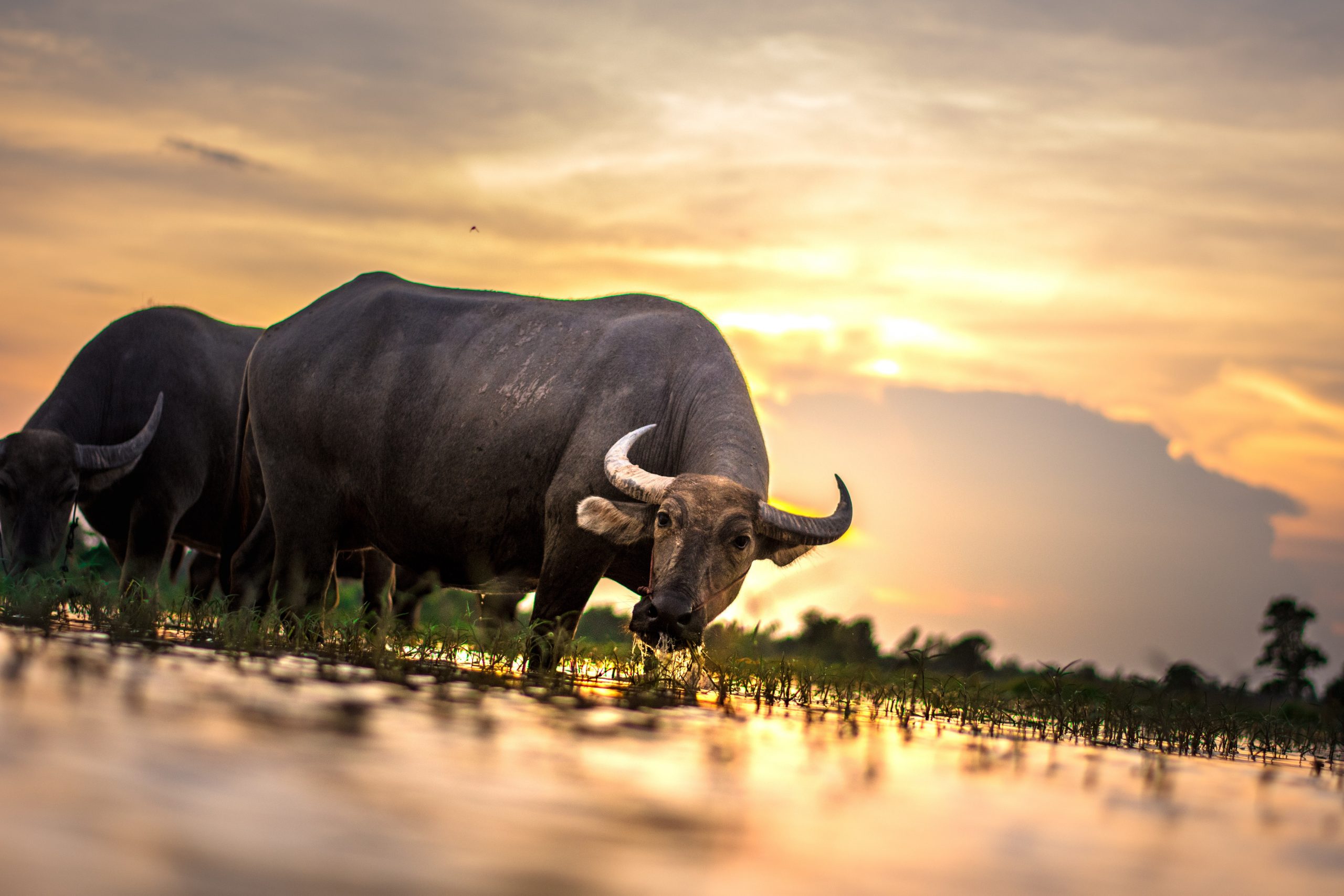
Location
2022 – 2023
CIAT
CIAT/ LCSR Livestock Kenya is a CIAT-led initiative aimed at the development of a digitral climate risk scoring tool for dairy and livestock which is integrated in the loan operations of rural financial institutions in Kenya. In the project FACS conducted an exhaustive review of climate-related data, enabling a deep understanding of the main climatic and weather-related challenges faced by dairy farmers in Kenya and an analysis of their loan performance after adopting the climate risk scoring tool. The tool has improved the quality of loan decision-making for for the partnering financial institutions, thereby allowing to develop a tailored suite of lending products that mitigate the risks resulting from droughtst, excessive rainfall and other climate-related risks.

Location
2022 – 2023
The World Bank / CIAT
The ultimate goal of the project was to equip the Government of Angola and government-linked stakeholders with a range of tools and strategies to mitigate agricultural risks, support public policy and to enhance sustainable development in the agricultural sector. The project, funded by the World Bank and implemented by CIAT, involved a comprehensive series of activities aimed at enhancing overall agricultural resilience in Angola. Led by FACS, the project focused on creating a comprehensive Risk Financing Tool (RFT) through a series of research-driven activities. Commencing with a deep understanding of the country’s climate dynamics, FACS engaged with key local stakeholders and performed extensive analysis of identified agricultural risks, employing a blend of quantitative and qualitative methods alongside stakeholder consultations. In the final phase of the project FACS focused on prototyping, developing and disseminating the RFT to a variety of private and public interest groups with an identified need for enhanced climate resilience and risk management in the agricultural sector in Angola.
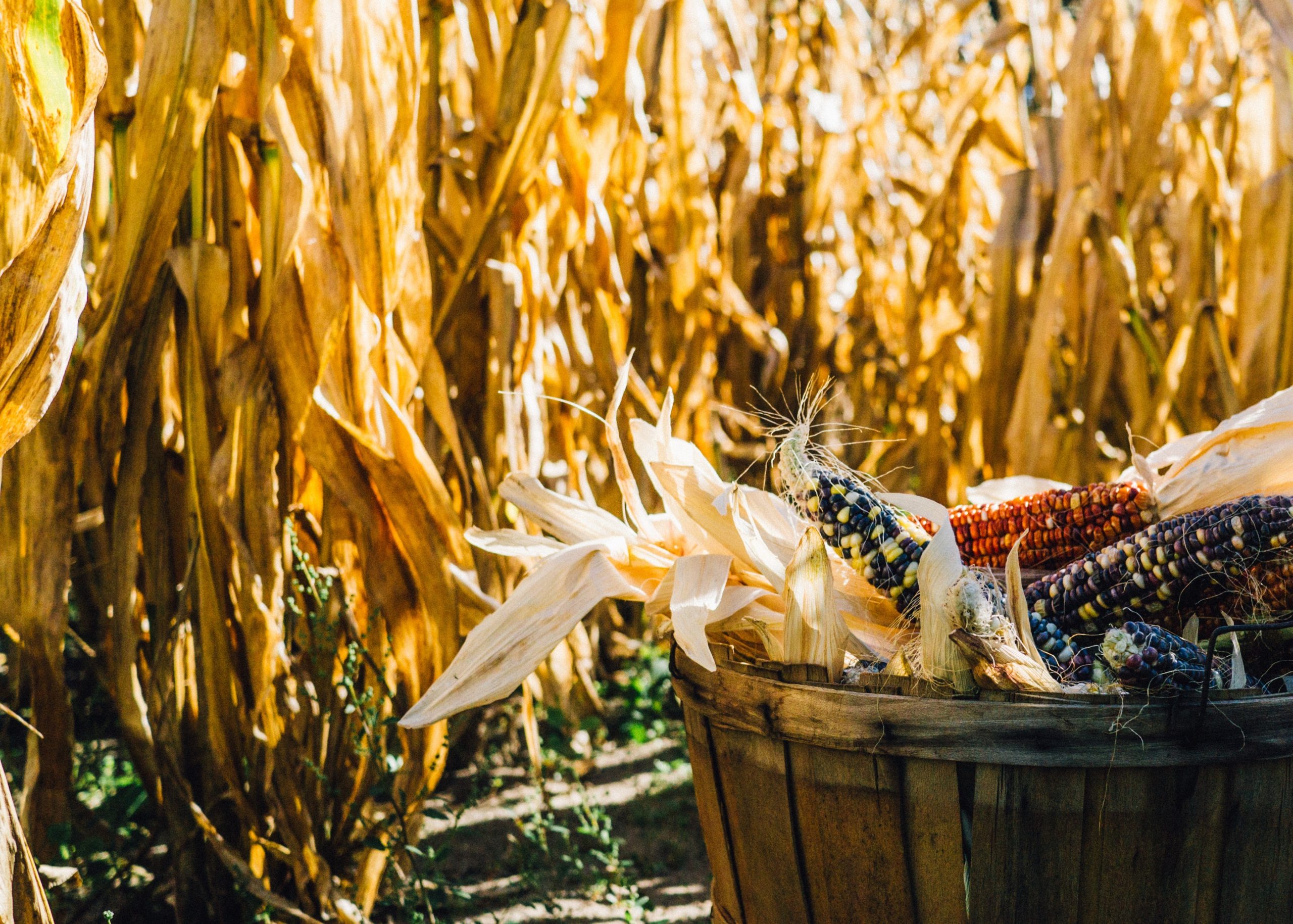
Location
2021
CIAT
In support of an International Fund for Agricultural Development (IFAD) programme towards sustainable agrifinancing, CIAT would like to subcontract FACS to develop a high-level desk research report which contributes to the identification of five best investment opportunities in West Africa. The research is intended to identify key pipelines for financing in the sub-region by providing an overview of the efficacy of impact investment and other novel financial instruments (incl. from climate finance).
FACS will use the following stepwise approach: (i) Review of investment portfolios of key impact investors in West Africa with a focus on agriculture and climate. (ii) Assessment of common business models that impact investors are involved in. The various business models in the investment portfolios will also be identified and categorized. (iii) Review of literature on the investment climate and environment across Ghana, Nigeria and Mali especially as related to impact investment or financing climate smart agriculture. This review will highlight cross-cutting as well as idiosyncratic challenges and enablers for the various financial instruments that are commonly deployed by impact investors.
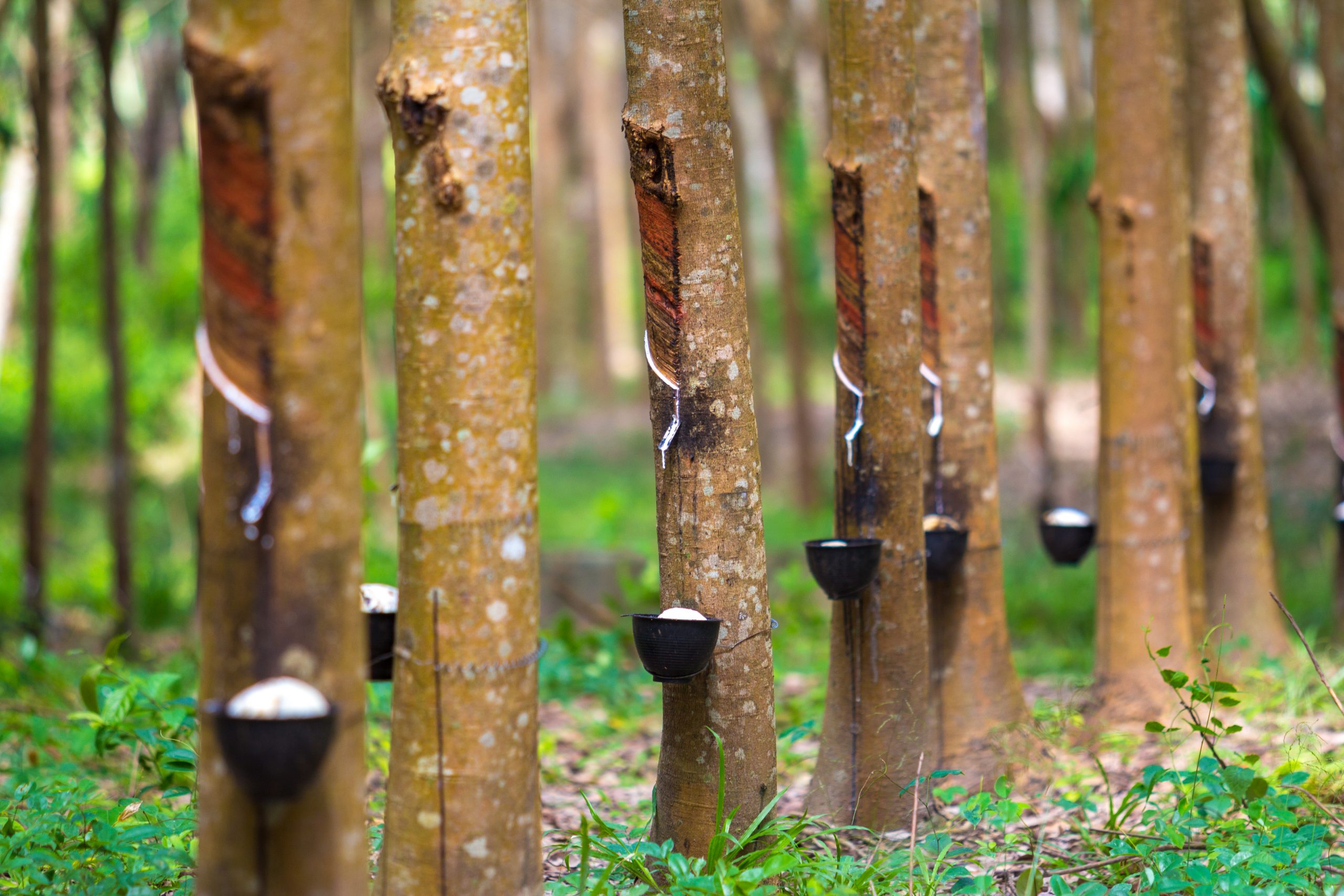
Location
2021 - 2022
Corrie MacColl
Corrie MacColl has developed an outgrower program for rubber smallholders to establish an integrated farm of rubber, cash crops and livestock lending scheme. The program aims to boost the economic livelihood of its smallholder partners by providing a combination of farming loans and critical education on farm management. Lending will be routed to the outgrower programme through MITFUND, managed by Afriland First Bank.
FACS will support the partner financial institution to onboard smallholders to the outgrower lending scheme by conducting a credit risk assessment of the 200 targeted smallholder farmers. FACS will also conduct farmer data collection for credit profiling and review the cashflow models. The activities include the provision of individual credit risk scores and assessment report for both bankable and non-credit worthy farmers.
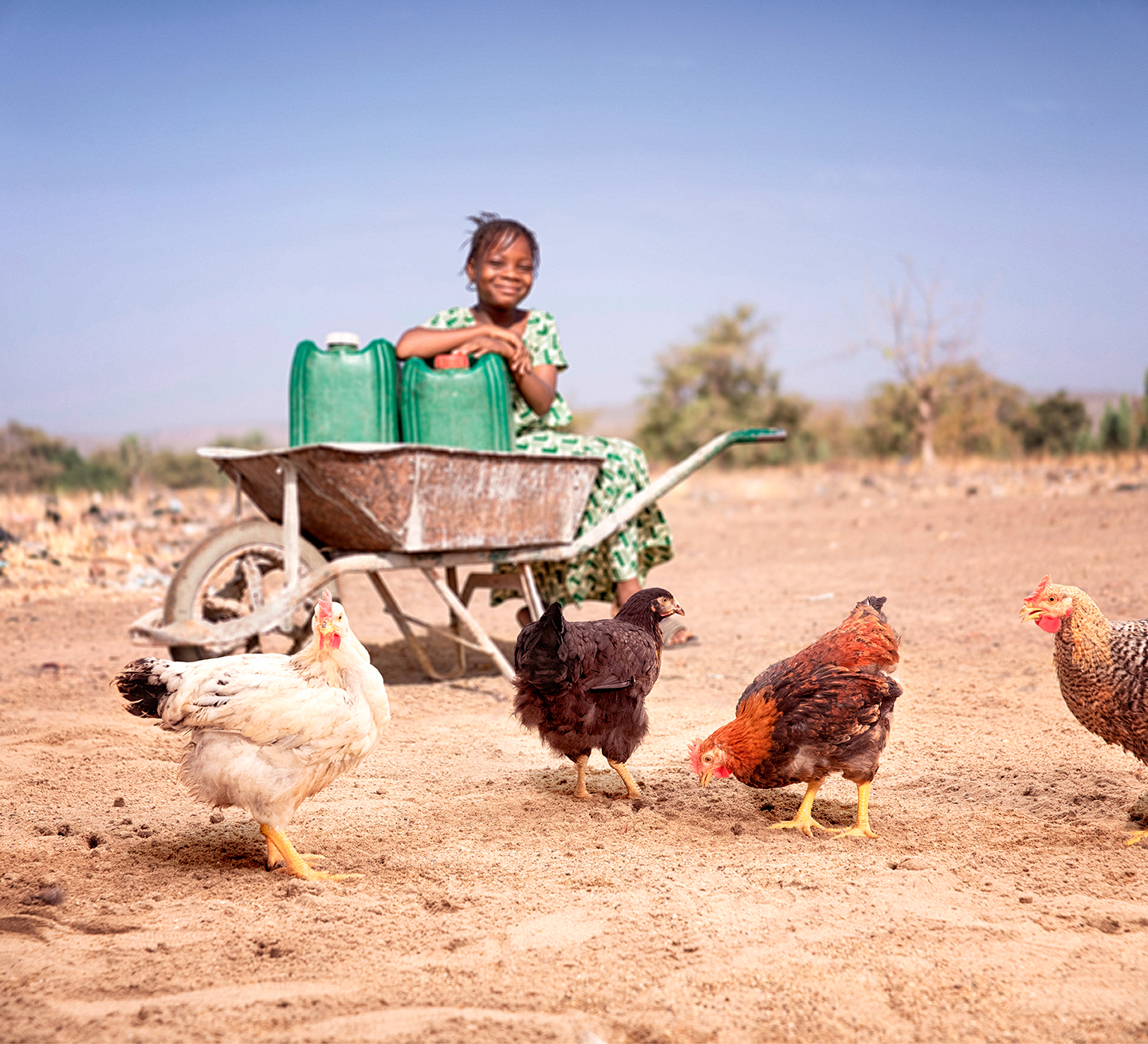
Location
2021 - 2023
World Poultry Foundation
The World Poultry Foundation (“WPF”), with support from the Bill & Melinda Gates Foundation (‘BMGF”), FMO, Rabobank Foundation and IDH Farmfit Fund, has developed a program in selected countries in Africa to improve income generation for small agri entrepeneurs and to enhance food security and public health nutrition through the delivery and financing of brooders of chickens (“brooder units” or “BUs”). The program aims to recruit, train and finance 6,000 small rural entrepreneurs, who will develop and operate the BUs.
FACS will provide financial advisory and technical support services to enable the provision of working capital finance to the BUs in Tanzania under supervision of WPF. To do so, FACS will conduct an in-depth analysis of the rural (micro)finance sector in Tanzania, identify and assess qualified potential lenders and to support WPF/BMGF in the selection of a rural lending partner. The investment scheme, BU loan product and loan distribution model will be designed to enable replication, expansion and to create scale of the lending program beyond Tanzania.
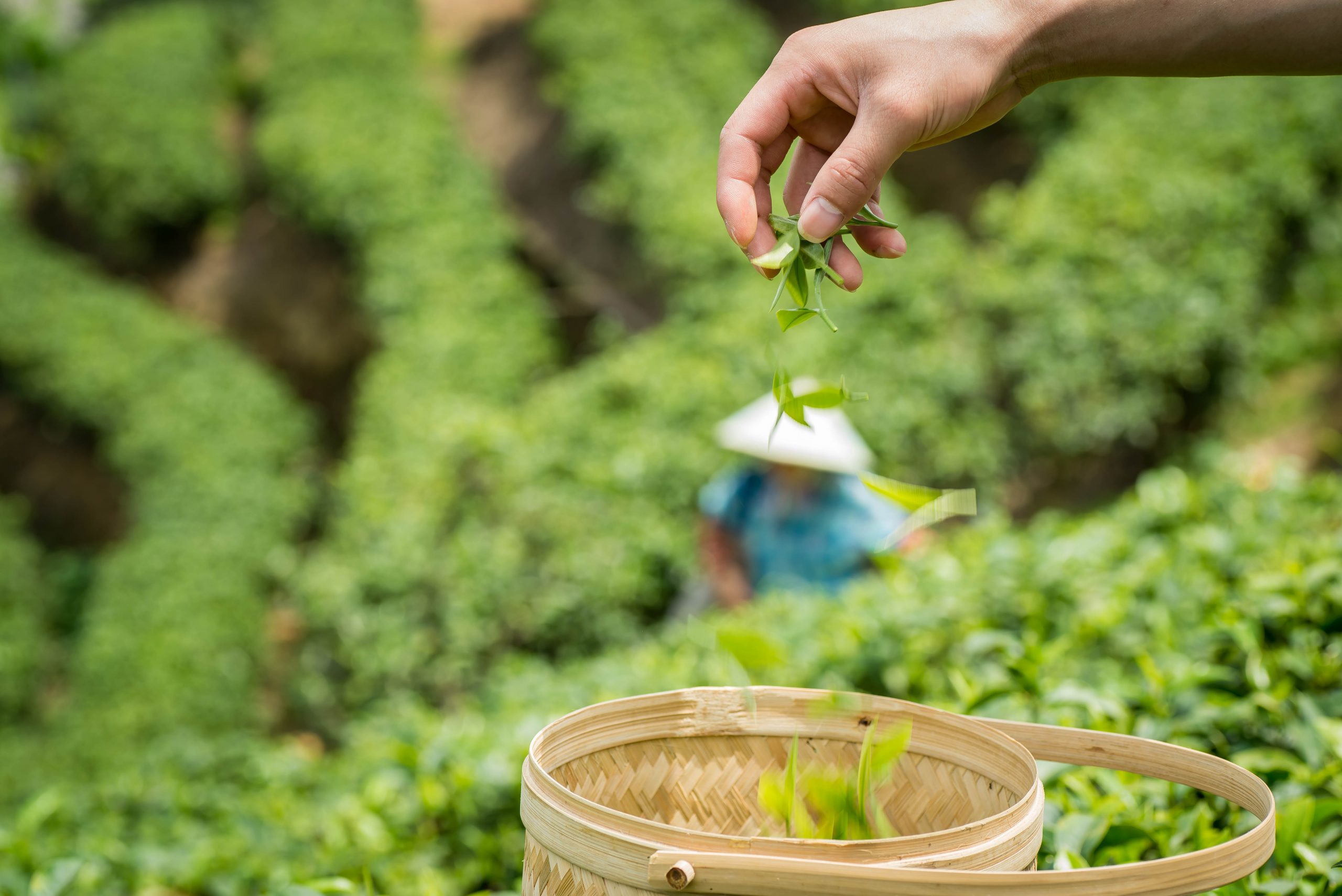
Location
2020-2021
CSAF
The Council on Smallholder Agriculture Finance (“CSAF”) is the leading global network of lending practitioners promoting an inclusive finance market for agriculture SMEs. The forum was founded in 2012 and now includes 16 members and affiliates committed to market growth and impact. One of the objectives of CSAF is to develop and launch basic principles that members can follow during loan restructuring and workouts.
In this context, Financial Access engaged with CSAF to design and deliver a training program to the global and regional staff of CSAF to increase members’ understanding of the key principles of loan restructuring and workout programs.
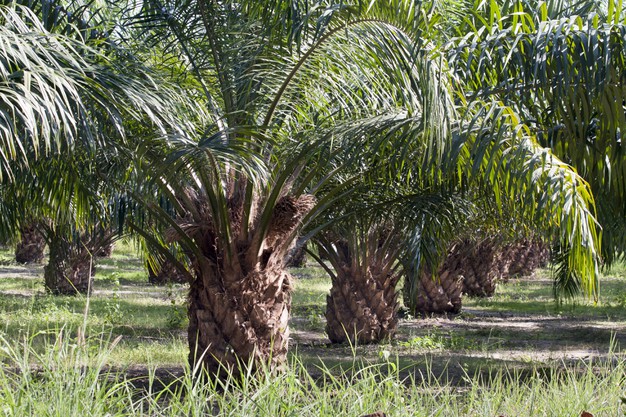
Location
2021
IDH/AGRI3 Fund
In January 2020, the AGRI3 Fund was launched with the objective to catalyse private financial resources for forest protection and sustainable agriculture. The AGRI3 fund aims to unlock at least USD 1 billion in finance towards deforestation-free, sustainable agriculture and land use. In this regard, the AGRI3 Fund is working with its partners Rabobank and IDH on the identification of key priority investment opportunities and on developing a pipeline of potential sustainable investment transactions in the oil palm sector in Indonesia.
Financial Access has engaged with IDH to support the development of the investment pipeline and implementation of the AGRI3 Fund’s investment strategy in Indonesia, thereby focusing on (i) identifying key stakeholders and assess financial and investment needs across the oil palm supply chain, (ii) supporting business case development and (iii) identifying potential target investment opportunities.

Location
2020 - 2021
Tropenbos International
In West-Kalimantan, the existing mosaic landscape is at risk of being turned into oil palm monocrop plantations. The local Dayak community has interest to maintain the existing landscape and sound business cases can help to do so. Therefore, Tropenbos International (“TBI”) and Tropenbos Indonesia (“TI”) are conducting a feasibility study to assess the economic viability of several agroforestry systems in the area. The objective of the study is to develop an alternative to agricultural monocultures of agri-commodities that can contribute to improving the livelihoods of local communities while preserving forest and biodiversity.
Financial Access will work closely with partner DIBcoop to prepare and present investment cases to local financial institutions and impact investors. Furthermore, Financial Access will develop and provide training on business case development for the staff from TBI.
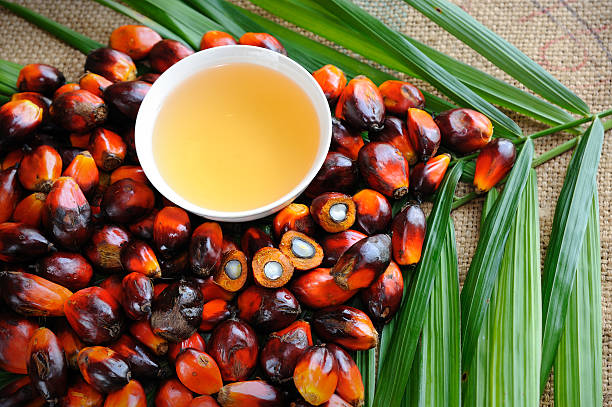
Location
2020 - 2021
Solidaridad West Africa
Although oil palm is native to West Africa, Africa as a continent is a net importer of palm oil, with production accounting for just 3.5% of global production. The growing international demand for edible oil, cosmetics, biofuel, lubricants, surfactants, energy, and other applications has boosted the growth of palm oil activities in Africa. In this context, in collaboration with APOI and in alliance with Proforest, TFA is commissioning research and analysis of the investment situation in the oil palm sector in APOI countries with the objective of building an investment case for oil palm development that creates jobs, protects the environment and improves rural development and livelihoods.
FACS, together with Solidaridad West Africa, will develop an investment analysis across the 10 APOI countries and identify three investment opportunities to boost the palm oil sector in West and Central Africa.

Location
2020
GPSNR Indonesia
Rubber production is a key income stream for several million smallholders in South East Asia. However, Indonesian smallholders are trapped in a vicious cycle of low yield and low international rubber prices. In order to improve the socioeconomic and environmental performance of the natural rubber value chain, the Global Platform for Sustainable Natural Rubber (“GPSNR”), is seeking to investigate how value can be equitably distributed across the entire natural rubber chains. The study is funded by the German Federal Ministry for Economic Cooperation and Development (BMZ).
In this context, Financial Access is engaged to conduct an in-depth analysis on the living income gap of smallholders in Kalimantan, Indonesia.
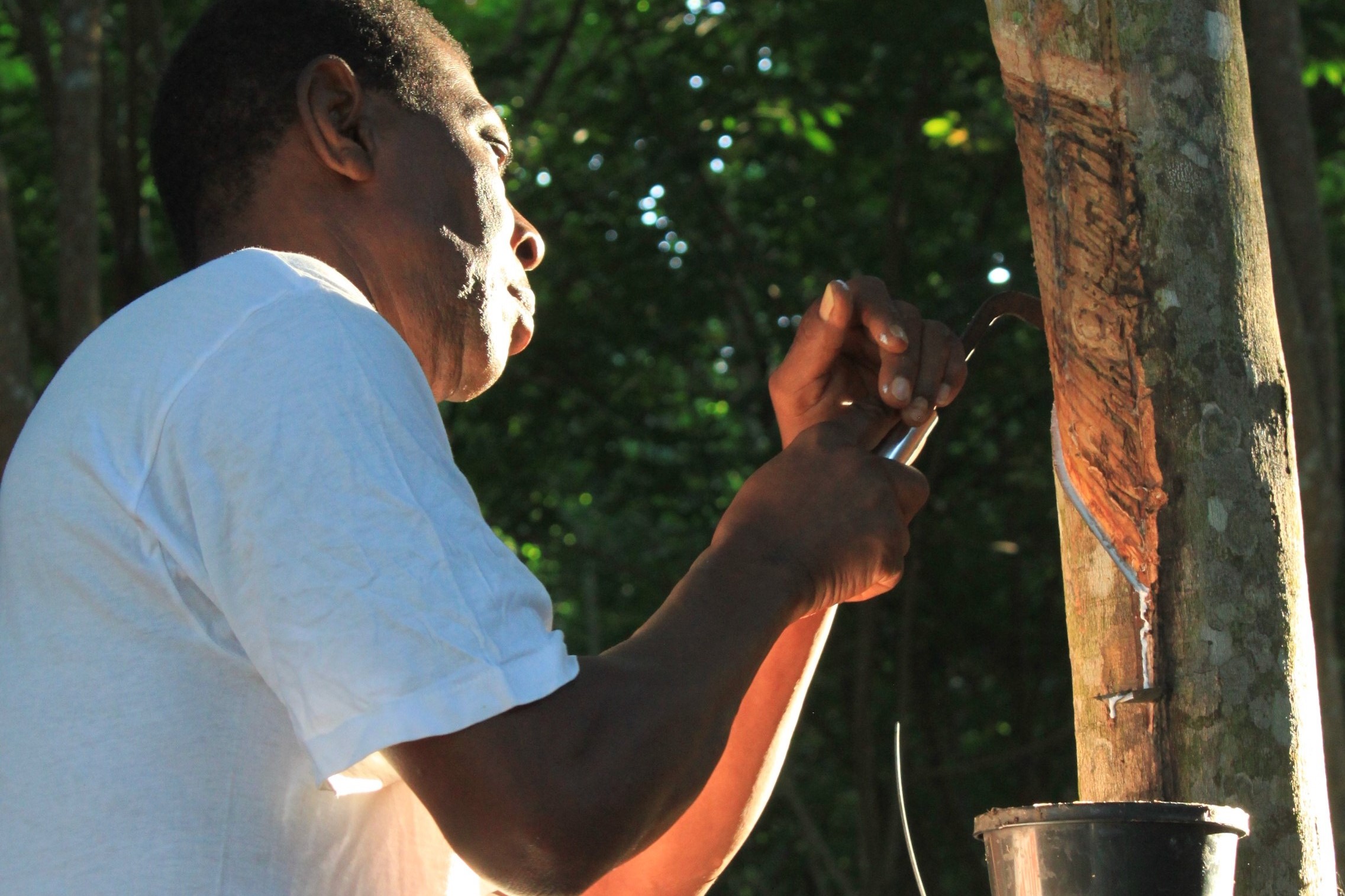
Location
2020 - ongoing
SNV Indonesia
The productivity and quality of the rubber produced in Indonesia remains low mainly due to a lack of knowledge on cultivation techniques. Our partner SNV has designed a program to promote responsible sourcing in South Sumatra. As part of the scaling up strategy of sustainable natural rubber practices, SNV is building an integrated system through training centers as well as improving market access through a collaboration with Kirana Metagara Group, a rubber offtaker.
In order to set up a viable financing mechanism for rubber smallholder farmers, Financial Access will help to assess the level of readiness of stakeholders as well as conceptualize the building blocks required for replicability and scaling up of the program.

Location
2019-2020
Tropenbos International
The performance of micro, small and medium enterprises (MSMEs) in markets and socio-political arenas – and their ability to have a voice — is essential for achieving sustainable landscapes that are resilient to external shocks, such as changes in markets, policy or climate. To strengthen both the performance and voice of MSMEs they need to have access to resources, including finance. One of the main barriers to access finance for MSMEs is lack of financial literacy. Financial Access was engaged by Tropenbos International (TBI) to conduct a study of current experiences and to develop a strategy to strengthen the financial literacy of MSMEs in the landscapes and value chains where TBI and its partners work.
This publication has been produced by Financial Access and TBI in the framework of the innovative finance for sustainable landscapes priority of the CGIAR Research Program on Forests, Trees and Agroforestry (FTA). See the full report here.
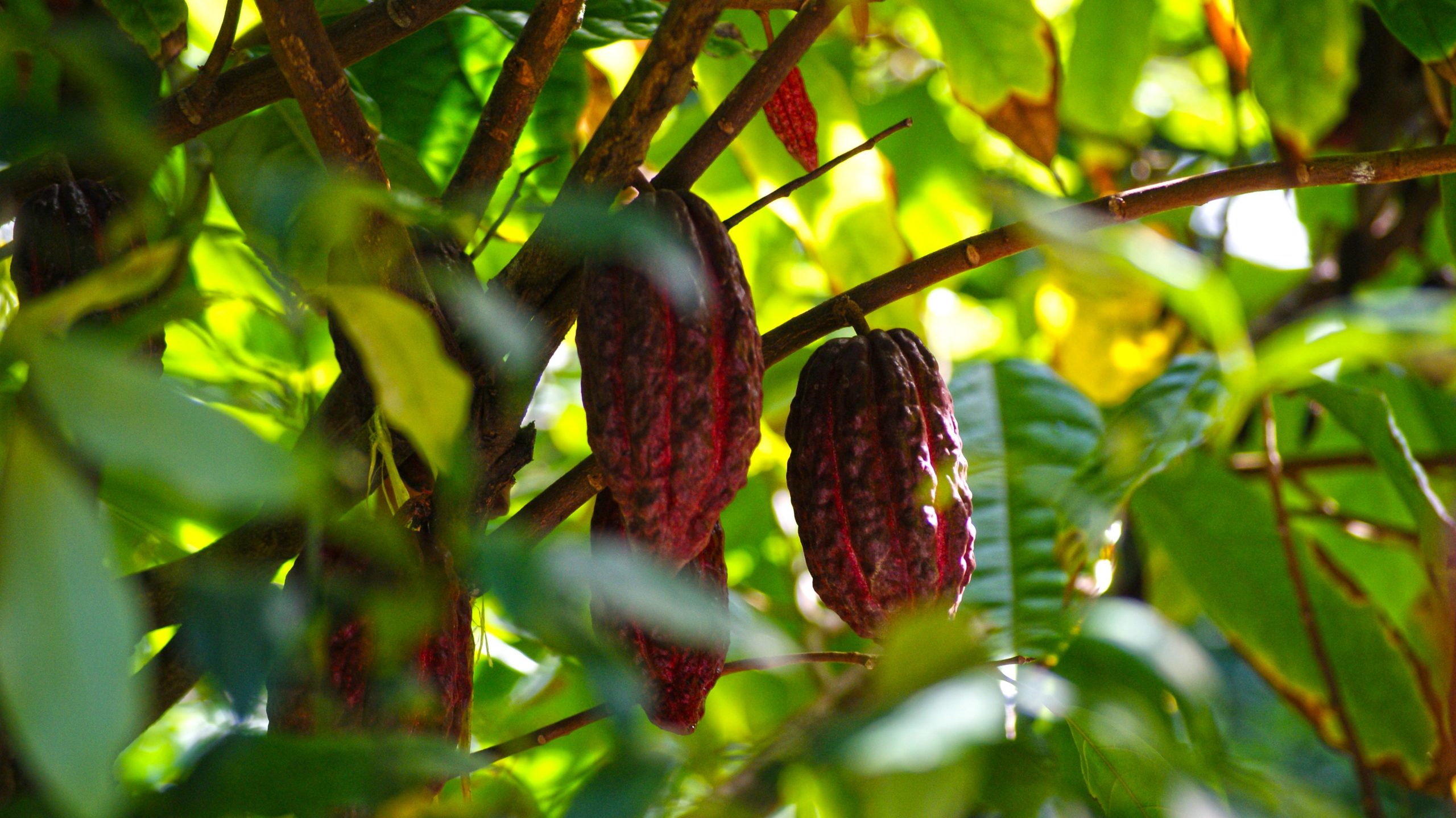
Location
2020 - 2021
SNV Ghana
The largest cocoa-growing area of Ghana is plagued by falling yields and persistent pests. The Sustainable Cocoa Farmer Finance (SUCOFIN) project was developed by Financial Access, in partnership with SNV Ghana, to build the capacity of partnering local microfinance institutions and to support them in offering finance for cocoa renovation and rehabilitation to pre-qualified smallholder farmers. A graduation approach is developed where smallholder farmers will be credit scored to receive input loans. Once these loans have been repaid after one planting season, farmers will become eligible for larger and longer-term loans over time. This helps to build the trust and understanding required by both sides before long-term replanting finance can be extended. By working closely with SNV we also ensure that post-disbursement replanting and sustainable farm management support and training are available to the farmers to help them maximize yields and improve their livelihoods.

